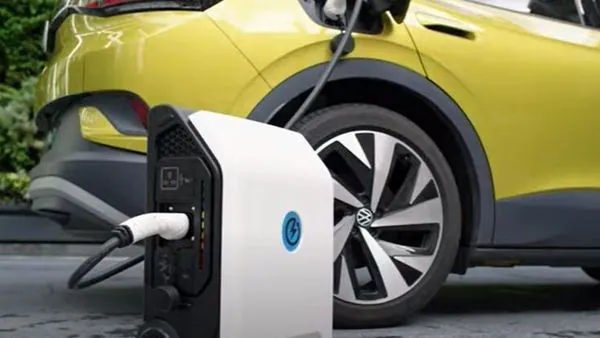
How Long Do Electric Car Batteries Last? Green Economy Quiz
CLIMATE CHANGE FORCING CHANGE
The World is left with no option but to move to a green economy aimed at reducing carbon emissions. Vehicles and factories are major emitters of carbon that destroy the ozone layer leading to global warming.
As we move forward from internal combustion engines to electric vehicles, there are many worries and fears, especially for Kenyan consumers and generally all African importers of second-hand cars from Japan, the US, and Europe. This is so because Kenyans mostly afford cars used past 6 years but regulation is at 7 years.
The complication here is the electric battery life bearing in mind its huge costs if it gets to an overhaul
Electric Battery Life Expectancy
Most all-electric car battery comes with a warranty, lasting for eight years minimum or up to 100,000 miles. However, you should always familiarize yourself with the warranty terms as there may be other catches. For instance, KIA offers a ten-year battery pack warranty, while Hyundai provides lifetime coverage.
While the kWh rating helps understand how far your vehicle can go, it does not give an idea about how long your battery will last.
Battery Basics
Gasoline-powered cars have lead-acid batteries, while EVs use lithium-ion battery packs. These are the same batteries you can find on your cell phone or laptop. Lithium-ion batteries have greater energy density and hold their charge longer than standard car batteries.
ur refers to an electric car’s battery capacity. The more kWh your vehicle has, the longer you can drive around in your ride. So, think of kWh rating as picking a gas tank size when choosing an EV.
If your Level 1 EV charger has an interchangeable plug, this may mean it can charge at higher speeds. Every portable EV charger comes with a 10A regular plug, but a select few will have a 15A plug that allows 3 – 3.4kW charge rate (18km range per hour).
Every public charging station you come across will vary slightly. Some will offer Level 2 speeds and others, the Level 3 super-fast charge. Some Level 2 public charging stations require you to bring your own cable that is Type 2 (32A, 250v AC).
If you use a specific charging network, always view the network website before you start your journey, to check that charging stations are in service and if you’ll need to take your own charging cable.
Generally, electric vehicle batteries last 10-20 years, but some factors may reduce their lifespan. For instance, batteries may degrade faster in hotter climates as heat does not pair well with EVs.21



